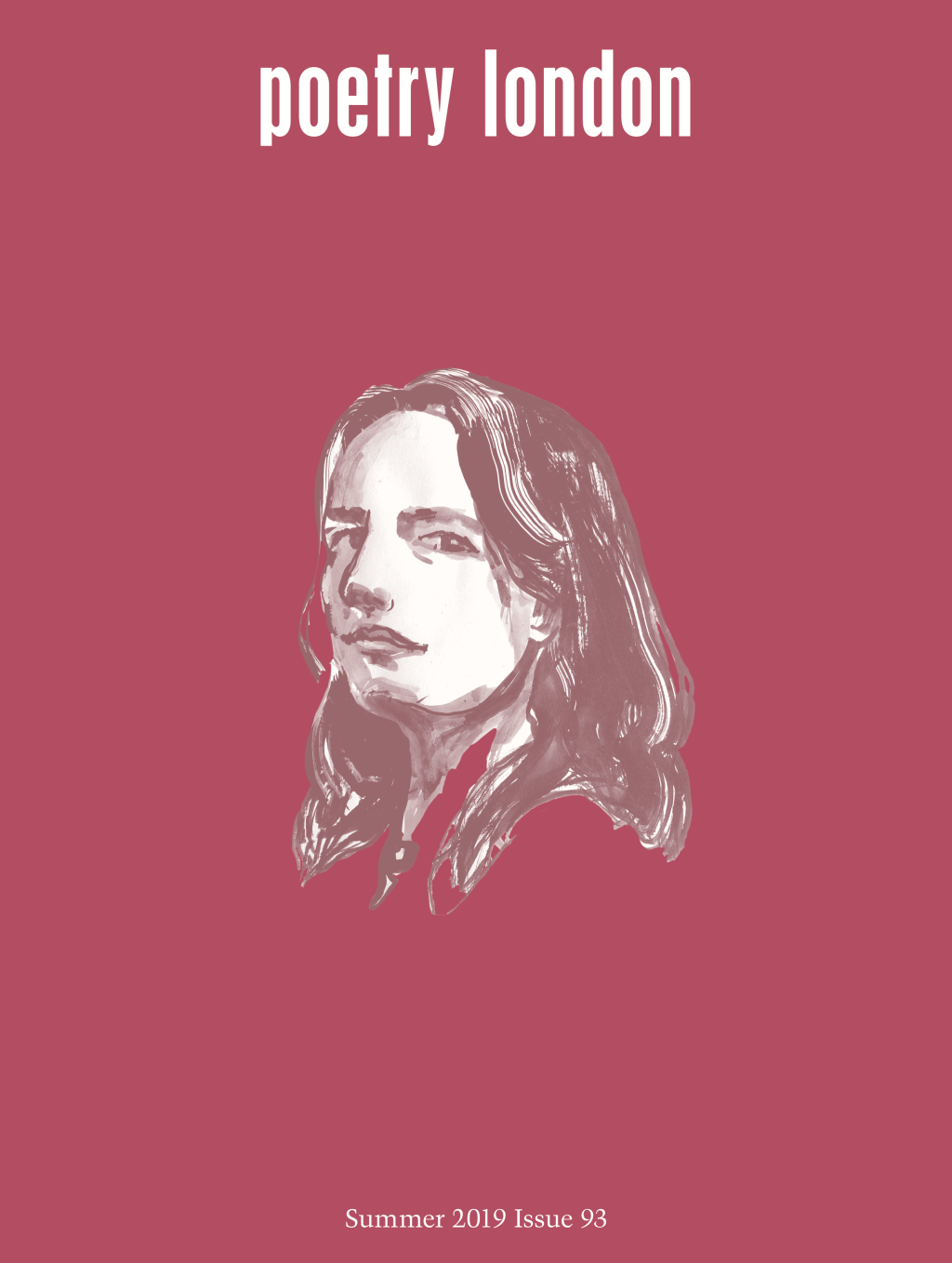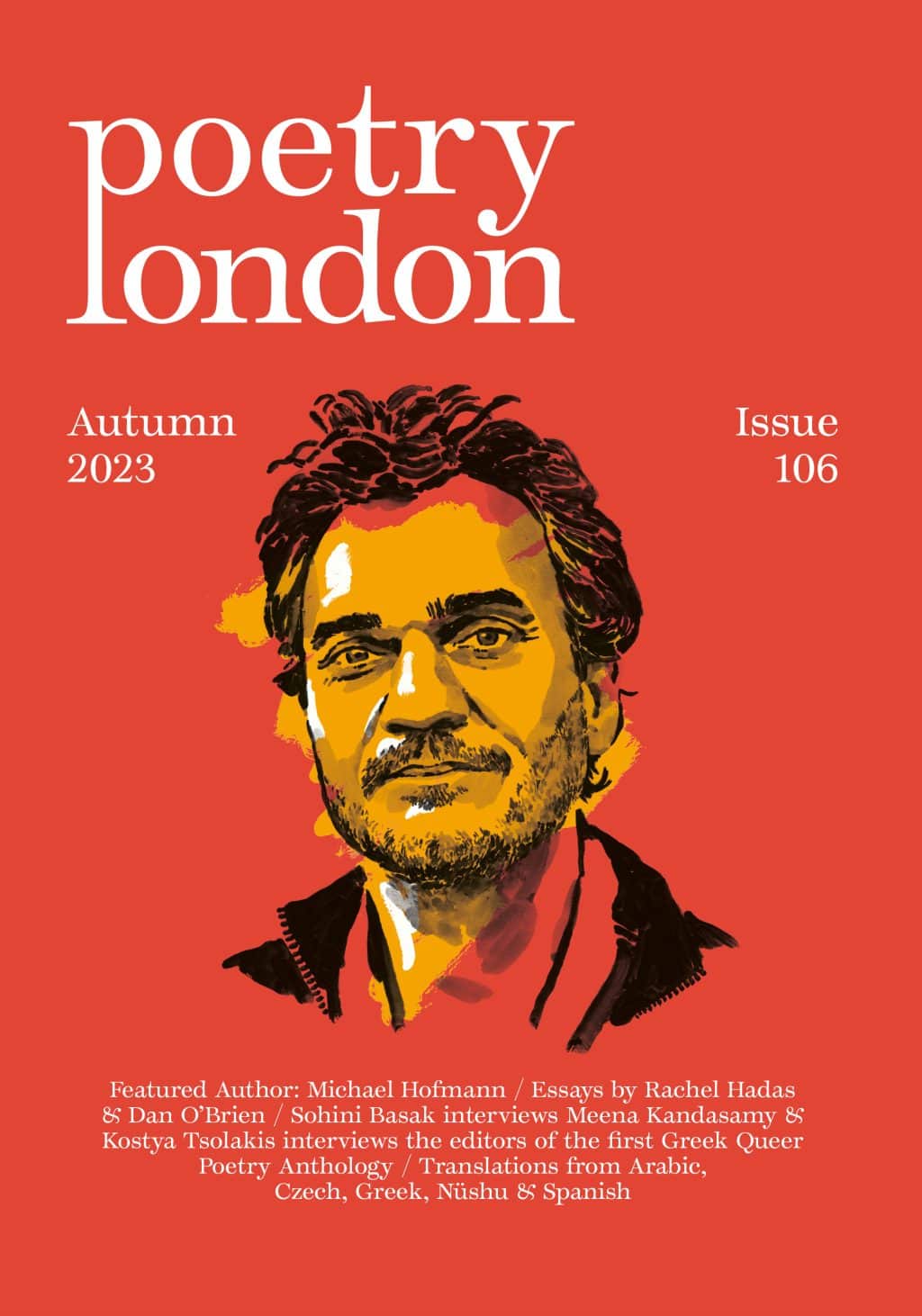Forms of Oppression: Nasser Hussain on transatlantic collections that expose violence and the racial imaginary
Roy McFarlane, The Healing Next Time (Nine Arches Press, £9.99)
Terrance Hayes, American Sonnets for My Past and Future Assassin (Penguin, £9.99)
By the time this review is published, it’s a near certainty that another person of colour in the global West will have been killed, and that the perpetrator(s) will evade punishment fit to their deeds. As I write this review today, on Sunday March 3, the Guardian reports that in Sacramento, Stephon Clark’s killers ‘will not be charged’, and that the officers were ‘justified in using lethal force’, which means no crime was committed – in law, at least.
We all have our own histories of oppression, of violence. I remember facing the starkness of the situation when I read about Amadou Diallo’s death in New York in 1999. I couldn’t make sense of the story – how many bullets? Wasn’t Diallo unarmed? What happened with his wallet? How come no one went to jail – how was anyone acquitted? I was enraged, and without a vent. I might have written some of that rage into a poem. It might have made some people uncomfortable. But in 2018/19, rage is all the rage, and justifiably so – Danez Smith, Tracy K Smith, Claudia Rankine, Jericho Brown and scores more poets are using their art to make sure that what matters isn’t lost in the heart-numbing cycle of death, inquiry and acquittal.
One recent book to address this situation is The Healing Next Time by Roy McFarlane. The book is split into three sections: the opening is a ‘New Millennium Journal’ covering the first seven years of the twenty-first- century news cycle, set in sections of twelve (presumably to indicate the months of the year). The third section is ‘The Gospel according to Rasta’, which notes a number of Britishisms (his poem about queueing is dry and funny, and ends with a reminder of the ubiquity of xenophobic tensions, baked into this most English of pastimes) – though at times, it’s hard to see either the gospel or the Rasta.
Allowing for these minor structural issues, it is the second section (‘…they killed them’) that is the most powerful. Here McFarlane takes up Claudia Rankine’s famous challenge to write a British poetic response to Mark Duggan’s tragic story. But in order to get there, he takes the reader through a very dark British history, beginning with ‘David Oluwale, 1969’:
BritishWog he had no name, this social problem, [dirty, filthy, violent vagrant] A quiet man, always happy, always smiling a dangerous savage with superhuman powers a popular young guy, sharp dresser, excellent dancer menace to society, a nuisance to police, a frightening apparition
McFarlane goes on to commemorate Blair Peach, Clinton McCurbin, Orville Blackwood, Joy Gardner, Shiji Lapite, Brian Douglas, David Bennett, Roger Sylvester, Jean Charles de Menezes, Azelle Rodney, Sen Rigg, Ian Tomlinson, Olaseni Lewis, Cherry Groce, Mark Duggan, Dalian Atkinson, and Rashan Charles, each with a poem of their own. And each poem is as individual as the story it tells. Oluwale’s poem, with its alternate lines in italic, forthrightly limns the binary of thought that can paint a single man as a beast or a ‘popular young guy’. With a flowing, liquid line, the poem to McCurbin focuses on the thousand-strong protest that surged through Wolverhampton after his death in police custody. The presentation of Orville Blackwood’s death powerfully echoes ‘And First they Came…’ by Martin Niemöller, even as it turns the rhetoric of the Niemöller poem inside out. And most striking of all is the sheer stupid irony of Jean Charles de Menezes’s death – the Brazilian plumber was somehow mistaken for a suicide bomber with ‘Mongolian eyes’, and executed in a London subway car – in a poem that has to come with an explanatory footnote.
The picture presented in this section of The Healing Next Time (especially considering the long span of time between Oluwale’s death in 1969 and the present) is of a senseless and utterly meaningless history of brutality in this country, and McFarlane’s poems don’t shy away from that fact. At times, he is blunt with a line, or hammers his point home with bare form (as he does in his poem to Mark Duggan, bisecting the poem along a vertical axis in order to show ‘both sides’ of the event simultaneously). The haphazardness of form, the brutality of lines like ‘he swallows something, his mouth is forced open, does it fucking matter. He dies’ (‘Rashan Charles, 2017’) is appropriate to the subject matter. Sometimes, however, McFarlane’s ‘message’ is delivered at the expense of the poem. ‘A British thing to do’, his ode to queueing, opens on the uninterrupted, eternal flow of the wait itself:
standing in queues; queues appear out of nowhere and disappear; queues are filled with weathers and gossip; queues bulge ahead with best mates [...]
Every element of the poem is working hard here: the mid- sentence start, the connected-yet-separate use of the semicolon, the repetitions and line breaks – all immediately coalesce into the all-too-familiar sense of being in a line-up somewhere in Britain, and the care and attention paid to this humble, daily moment is a moment of high artistry. However, the final thought provides a jarring comedown:
And there’s always is this why we fought two bloody world wars, to be over- run by bloody foreigners?
Here, I am unpleasantly shaken out of the poem. I can’t (and won’t) dispute the everyday-ness of racism in contemporary Britain, but its invocation here (and the word ‘always’) feels awkward and forced, especially when set against the careful observations that have led up to this moment. It isn’t wrong; it’s just that the ‘message’ has more force that the rest of the poem can contain.
Terrance Hayes approaches similar subject matter in the American context with a much heavier emphasis on set form. American Sonnets for My Past and Future Assassin is composed of five sequences, each fourteen sonnets long, and all with the same title: ‘American Sonnet for My Past and Future Assassin’. The helpful ‘index’ can help readers to navigate the book by the first line of the poems, but, interestingly, these indexes are each fourteen lines in length, and almost appear to be sonnets themselves. That’s an aside, though – part of a temptation to start seeing sonnets everywhere.
Lesser poets strain under the inherited weight of the sonnet, but in Hayes’s hands, the form feels fluid, malleable, capable of nearly any desired effect. There’s a conversational, almost O’Hara-esque feel to a sonnet that begins:
Drive like fifteen miles along a national parkway Where the confederate statues have been painted White so often they will probably look like ghosts [...]
He finds tones from the pulpit when he writes about ‘the beauty of sin against the purity of dirt’ (‘Our sermon today…’), and updates Donne in vernacular with ‘Why are you bugging me you stank miniscule husk / Of musk’ (‘Why are you bugging me…’).
This book displays a gorgeous sense of language, and the pleasure in it, even when making satirical points. Hayes delights in wordplay such as ‘Pomp & pumpkin pompadour’ when ‘Trump’ would do (‘Are you not the color…’), or a riotous couplet that begins another poem, ‘The umpteenth thump on the rump of a badunkadunk / Stumps us. The lunk, the chump, the hunk of plunder’ (and again, perhaps simply ‘Trump’ would suffice).
‘I lock you in an American sonnet that is part prison’ is a key poem in this volume. Here, Hayes brings together many of the elements of the book into a single whole. There is the deep historical reference to an oppressed American populace, locked in ‘a little room in a house set aflame’, or, in case the reader misses it, the more recent ‘dream-inducing sleeper hold’ (a vertiginous, mash-up reference to the American Dream that Eric Garner was choked to death for chasing). But it is the wordplay of ‘I make you both gym & crow here’ that is most arresting, not only for the pun on Jim Crow, but for the image of a bird trapped in a gymnasium being carried to a simultaneously scatological and cosmically transcendent position. Finally, Hayes comments on his own process in the final couplet – ‘Voltas of acoustics, instinct & metaphor. It is not enough / To love you. It is not enough to want you destroyed’ – and lays out a rationale for his formal strategy in the wider book.
American Sonnets isn’t just an academic exercise in form. Rather, it’s closer to Rankine’s radical experiments with the ‘American lyric’ in Citizen or Don’t Let Me Be Lonely – Hayes is preserving the form, shoving it around, and ultimately mastering it. In this way, the poet asserts power and ownership over poetic history by sustaining it rather than ignoring or ‘destroying’ it.
Hayes is an entrancing poet, and a skilled formalist; McFarlane is forthright and full of a Baldwin-esque anger. He may not attain Baldwin’s rhetorical subtlety but, then, who among us has that? Reading these two books together makes me ask an impossible comparative question: should one read poetry for its message, or its intricacies? It might be possible to get lost in the technical and aesthetic range of Hayes or feel numbed by the blunt force of McFarlane, but luckily you don’t need to choose. Read them both and feel enraged and uplifted, endangered and healed, by turns.


